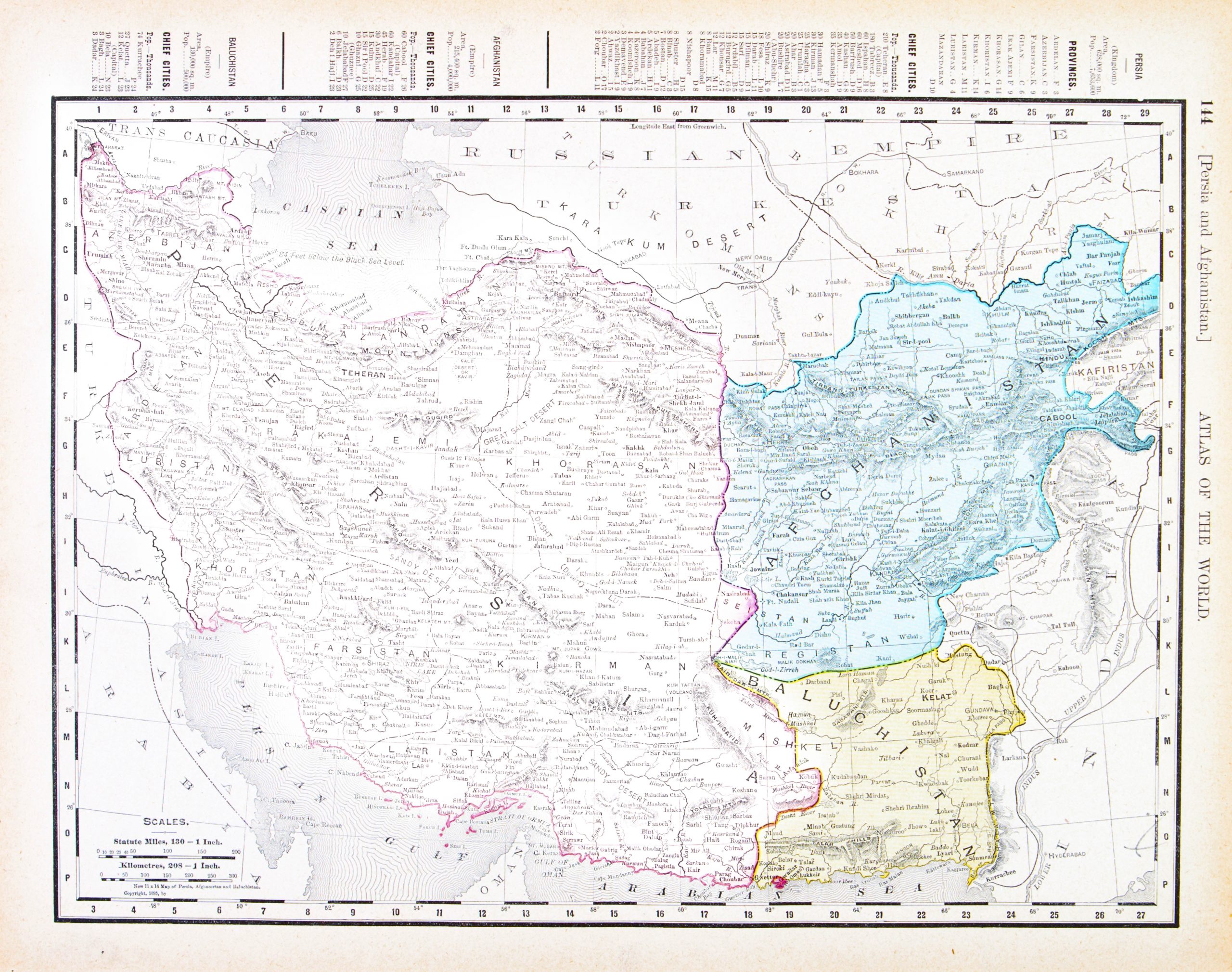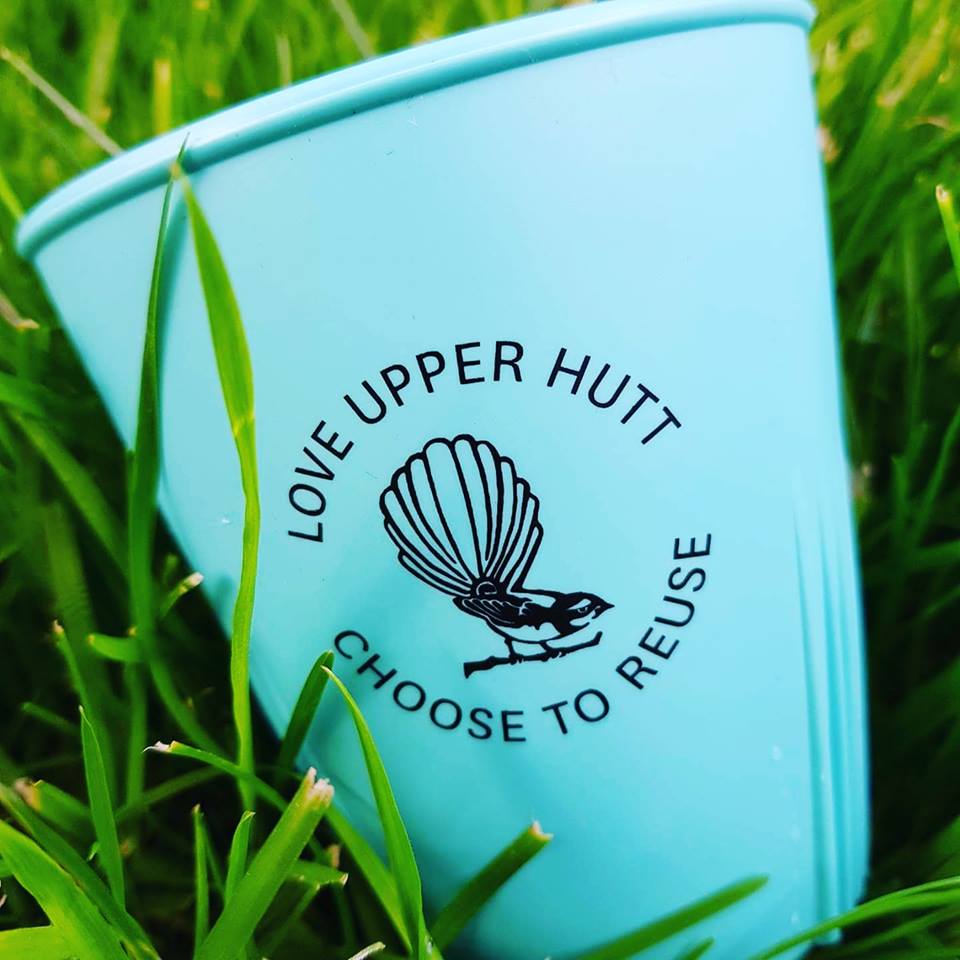Kiwi human rights lawyer Marianne Elliot travelled to Afghanistan to help one of the world’s most notorious conflict zones

Eight months into my time in Afghanistan, I was offered the job I’d long dreamed of, as a United Nations Human Rights Officer. Passionate about my work as a human rights lawyer, I believed this was my chance to make a positive impact. With the political clout and the resources of the UN behind me, I figured, I might be able to improve the daily lives of people affected by poverty, violence and oppression – and in particular to support the rights of Afghani women.
In October 2006, I was a month into my new role with the UN’s Assistance Mission and not yet feeling on top of my game. It was Eid, the holiday that follows the end of the month of Ramadan, and my colleagues were all desperate for a break. I was about to be left in charge of the office. Unsure that I was ready for the responsibility, I double-checked with my boss. “I’m not backing out on you,” I said, “but I’m having doubts about my ability to do this.” “You’ll be fine, Marianne,” he said. “As long as no one kills Amanullah Khan, you’ll be fine.”

I thought he was joking with me. I had a lot to learn about Afghanistan. My boss left at 9am. I was now responsible for a United Nations office in the middle of a war zone. By noon, Amanullah Khan was dead.
When I left New Zealand for Afghanistan in December 2005, I was in my mid-30s, single and devoted to my career. My job was my identity. And my ability to do good, in some form or other, gave me my sense of worth – a sense that I was earning my way in the world and making something out of the extraordinary advantages life had dealt me, simply by being born in New Zealand.
Now my job was to throw me some of my biggest challenges. In the aftermath of the assassination, as Amanullah Khan’s men retaliated against the tribe they thought was responsible, I found myself struggling to catch up with the rapidly changing situation. My task was to monitor and record all that was happening, but I was also expected to try to influence local leaders – men I’d not even met – to choose non-violent ways of ending the conflict.
Despite my best efforts, many people were killed that day, including 20 children. Having failed to prevent their deaths, I focused my attention on doing what I could to reduce the likelihood of more violence in the future. I tried to ensure the women whose husbands and children had been killed that day each had a chance to tell their stories.

In particular, I wanted to convince my UN colleagues that these women should have a voice in the reconciliation process between the two tribes. This was why I had chosen to come to Afghanistan – because I believed that if Afghan women were given the opportunity to be heard, they could help find a way to build a safer and more peaceful future for their country.
I interviewed the women about the effect that the fighting had on them and their children. I asked what they hoped would happen, how they wanted the conflict to be resolved. I wrote up their answers in a report that I presented to my colleagues, with a plea that the views of these women be taken into account in our efforts to help resolve the conflict. But the perfunctory responses I received made me doubt anyone was really paying attention. I began to wonder whether there was any benefit to my work at all.
Thankfully, the women and men of Afghanistan hadn’t finished with me yet. Just as I began to despair of doing any good in their country, they found their own way to show me what I could do to help them.
Over the next year I worked alongside brave Afghanis who were dedicated to improving the rights of women in their communities. Women like Suraya Pakzad, who founded the first women’s shelters in Western Afghanistan, and who enlisted my help to get funding for a new shelter in Ghor, the remote province where I was based for six months. Men like Jawid, a chief criminal investigator in the Ghor police who stood up to the local imam, insisting that the police had a responsibility to investigate and prosecute rape. It was Jawid who asked me to help organise training on gender and criminal justice for his policemen.By supporting and serving the Afghan human rights champions I met in every community, I finally found a way to do some good.
The sad reality is that things are not looking much better in Afghanistan today. The security situation continues to deteriorate and as international military forces withdraw, so too will many donors. There seems little reason to be hopeful about the country’s future, and while I was there, I lost faith, for a time, in the possibility of a fairer world. But the men and women I met and worked with eventually taught me that change was still possible and that what mattered was how well I served the people right in front of me.
Marianne Elliott is the author of Zen Under Fire: A New Zealand woman’s story of love and war in Afghanistan, Penguin 2012, $34, www.marianne-elliott.com







